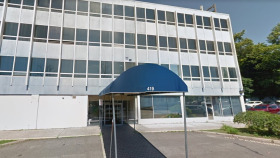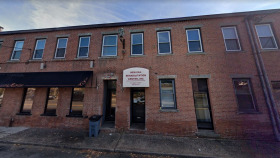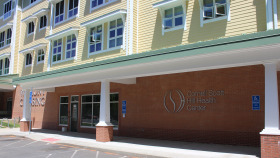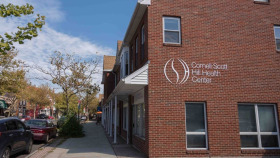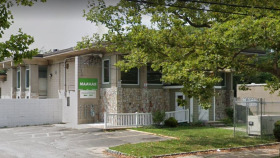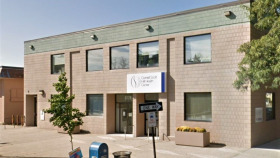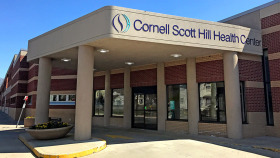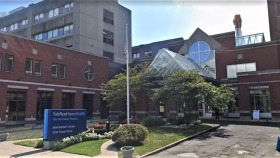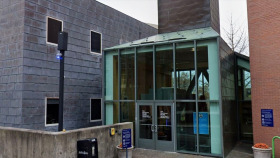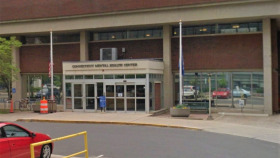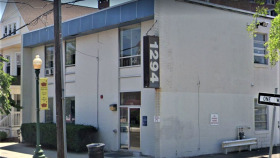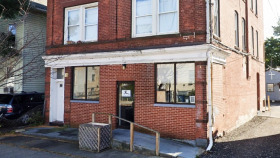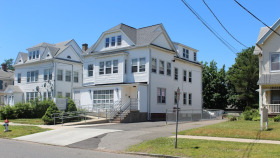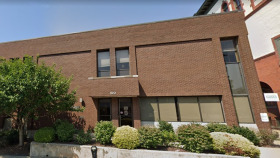Expert Insights
I recently read that there have been a staggering 16 overdose deaths in the New Haven area last month. Most of those deaths occurred in a two-week period according to public health officials. One thing that’s important to note here is that stigma kills. Many people think that they can spot someone struggling with addiction and that they fit a certain stereotype — houseless, unemployed, etc. — but it’s simply not true. Many people that are now addicted to opioids are working class and white-collar workers who were prescribed opioids for an injury and became addicted to the drug. Rather than judging individuals, I believe we need to be carrying Narcan, the opioid overdose reversal drug, so that we can save lives instead of counting dead bodies.
~ Olivia Pennelle
Paying for Alcohol and Drug Rehab in New Haven
Some popular health insurance companies in Connecticut include Anthem BlueCross BlueShield and ConnectiCare. Health insurance tends to cover many rehab services, but call the number on the back of your insurance card to find out exactly what you’re eligible to have covered and what your out-of-pocket fees could be.
Private Insurance, Medicare, and Medicaid
 Most health insurance plans provide partial, if not full, coverage for substance abuse treatment. Medicaid and Medicare, which are health insurance options for people without access to traditional health insurance, also cover treatment services. You qualify for those programs by being low-income, disabled, or over 65 years old.
Most health insurance plans provide partial, if not full, coverage for substance abuse treatment. Medicaid and Medicare, which are health insurance options for people without access to traditional health insurance, also cover treatment services. You qualify for those programs by being low-income, disabled, or over 65 years old.
Free rehabs are available for people that can’t afford health insurance coverage or don’t qualify for low-cost insurance options. The Department of Mental Health and Addiction Services manages programs in New Haven and other cities in Connecticut.
Some free drug rehabs in New Haven include:
- New Era Rehabilitation, which takes Medicaid and United Health Care for low-income clients.
- The Substance Abuse Treatment Unit at the Yale School of Medicine, which works directly with the Connecticut Department of Mental Health and Addiction Services and may have low-income options available, call and ask for referrals to open recovery programs.
- The APT Foundation offers substance use disorder (SUD) recovery programs for people with low income or no ability to pay for care.
Alcohol and Drug Use Statistics in New Haven, CT
Learn about the city of New Haven with citywide, countywide, and statewide statistics about its residents:1,6,7
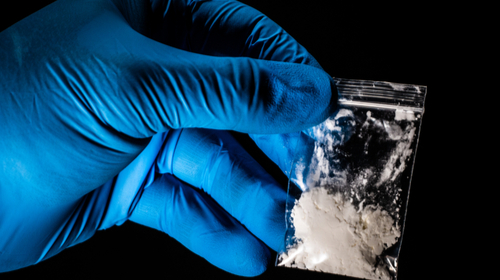
In Connecticut, 80% of overdose deaths included fentanyl in combination with other substances.
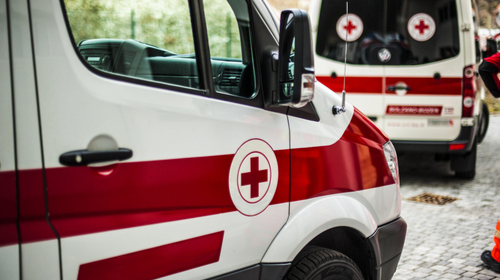
There were 1,075 unintentional drug overdose deaths in the county in 2020, a 330% increase from 2018.

New Haven County had the second-highest rate of overdoses in Connecticut in 2021 and the highest in 2020.

In the city of New Haven, 8.6% of residents were without health insurance in 2021.
Connecticut Alcohol and Drug Laws
Connecticut policymakers have passed the following laws to govern substance use and abuse and protect its citizens:1
Naloxone Access: In 2018, Connecticut lawmakers increased access to Naloxone (an opioid overdose antidote). Pharmacists and practitioners in Connecticut can distribute this medication to public organizations and provide it to people without a prescription. The end goal is to prevent deaths from overdose.
Good Samaritan Laws: These laws protect Connecticut residents who seek or receive emergency medical care for an overdose. It gives them immunity from legal repercussions for the use or possession of illegal substances, to encourage them to call emergency services in the event of a possible overdose.
Health Insurance Laws: As of 2017, Connecticut law requires most group and individual insurance policies to provide medically necessary detox and other recovery services to those who are diagnosed with substance use disorder. The laws also prohibit insurance policies from requiring prior authorization for opioid antagonists.
Limits on Opioid Drug Prescriptions: Since 2017, Connecticut lawmakers have passed laws to reduce the maximum quantity of opioids that can be prescribed to minors. The laws also increase the amount of education provided to patients about opioid risks.
Levels of Substance Abuse Care
There are varying levels of addiction treatment available to meet different needs. Some Connecticut residents start with inpatient and work their way through the continuum of care, while others begin their recovery at a less-intensive level.
Medical Detox
Detox is usually the first necessary step before you can begin a treatment program. It is the process of safely and comfortably removing drugs or alcohol from your body. This process takes place in a supervised setting, such as a hospital or inpatient rehab facility.
Inpatient
During inpatient treatment, you live at a New Haven drug rehab facility and receive 24/7 care. Treatments typically include individual and group therapy, as well as medication and recreational therapy. This level of care is sometimes referred to as residential.
Partial Hospitalization Programs (PHPs)
PHPs allow you to receive care at a hospital while living at home. They are similar to inpatient programs, but instead of staying at the facility, you return home during non-treatment times.
Intensive Outpatient Programs (IOPs)
IOPs allow you to attend counseling several days each week while spending the rest of your time fulfilling other obligations such as work or school.
Standard Outpatient
Standard outpatient is the least intense option. Typically, it involves one to two hours of treatment per week. This low-supervision level is best if you’re a motivated person with a strong support system.
Aftercare
Relapse prevention, also known as aftercare, begins once you complete a rehab program. It includes continuing support through therapy, support groups, and other care programs.
Traveling for Drug and Alcohol Rehab in New Haven
Attractions: The city has five libraries, eight post offices, at least 20 grocery stores, and three movie theaters. There are also 20 parks, 15 hospitals, four greenhouses, and 18 local indoor and outdoor golf courses, so you have plenty of fun activities to choose from when you want to spend time with friends and family in New Haven.
Accommodations: If local lodging is your concern, there are dozens of hotels, motels, and B&Bs for you to rest in while visiting your loved one in rehab.
Transportation: The closest airport to the city of New Haven is three miles south of downtown, the Tweed New Haven Regional Airport (HVN / KHVN). CTTransit is the name of the citywide bus company, which has over 22 local routes that operate daily. New Haven also has various railway access points, including Amtrak and the Metro-North Railroad. If you’re staying in New Haven for a few days or longer, you can rent a car easily in New Haven. Budget, Avis, and Enterprise all have several branches in the city and nearby areas.
Walkability: The streets are tree-lined, pleasant to walk, and ranked among the most walkable streets in the nation.
Resources
- U.S. Census Bureau. (2022). QuickFacts. New Haven city, Connecticut.
- National Drug Intelligence Center. (July 2002, accessed 2022). Connecticut Drug Threat Assessment.
- FindTreatment.gov. (n.d.). FindTreatment.gov.
- Connecticut State Department of Public Health. (2022). Current Laws Related to Opioid Overdose Prevention.
- Connecticut General Assembly. (May 14, 2012, accessed 2022). Commitment for Substance Abuse Disorders.
- Connecticut Department of Labor. (2022). The Connecticut Family & Medical Leave Act and CT Paid Leave Appeals.
- Center for Disease Control. (2022). CDC Wonder Tool.
- Connecticut Department of Health. (2022). Drug Overdose Monthly Report. December 2019, 2020, 2021.



